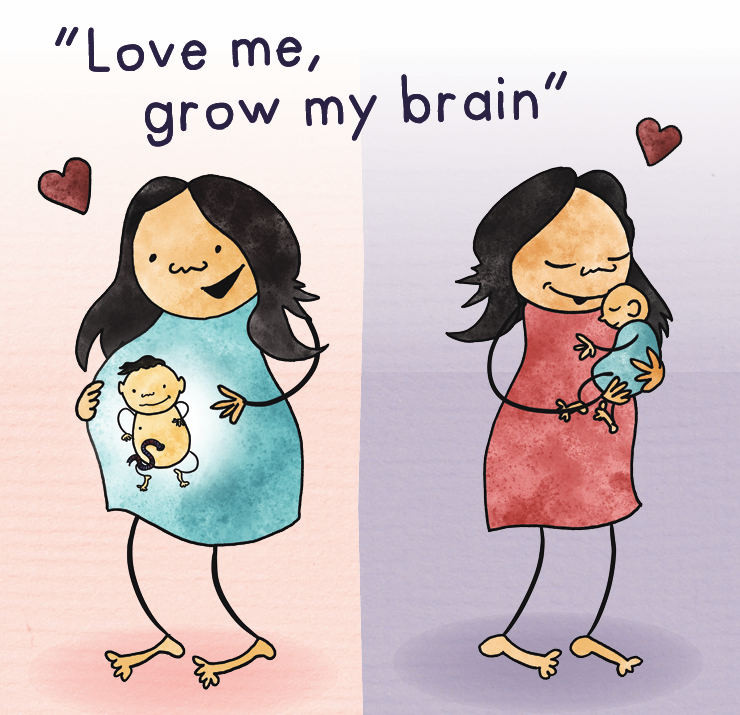After you go home with your baby
A community midwife will visit you and your baby at home to ensure you are both well, your community midwife will call on the morning of your first visit prior to attending.
What to expect from postnatal care:
- Day 1
A midwife will usually visit you and your baby at home on the day after your discharge from hospital. If you had a home birth, the midwife will visit you the following day of your baby’s birth - Day 2
If you are breastfeeding your baby in any way, you will be offered an infant feeding home visit - Day 5
You will be offered a visit on day five by a midwife to weigh your baby, and for newborn blood spot to be taken
- Days 10 – 28 (case by case basis)
You will be offered a discharge appointment which may take place at home or in one of the community clinics.
You will be given information on all appointments during your first home visit. You may be offered a virtual/video clinic so that you do not have to come for a face-to-face appointment.
If you are expecting a visit but have not had a text or call to confirm a time by 12pm please call the team office Monday to Friday (8am to 4pm) or The Birth Place on 01634 825199 at weekends or bank holidays.



